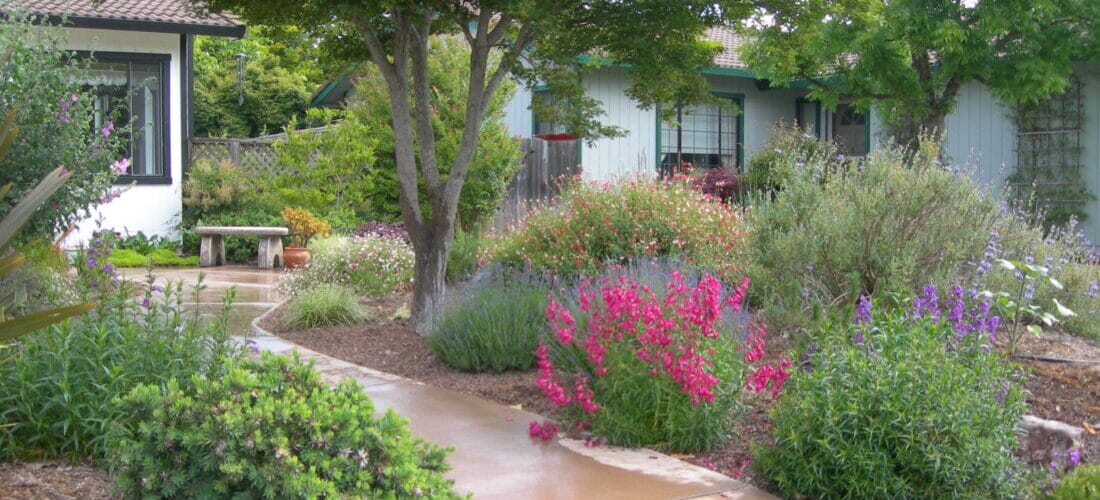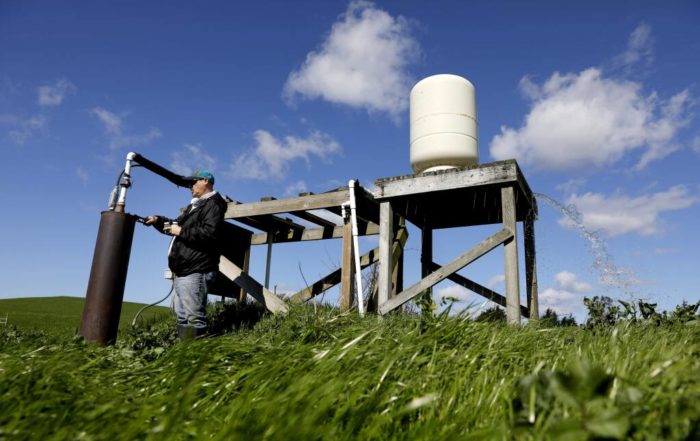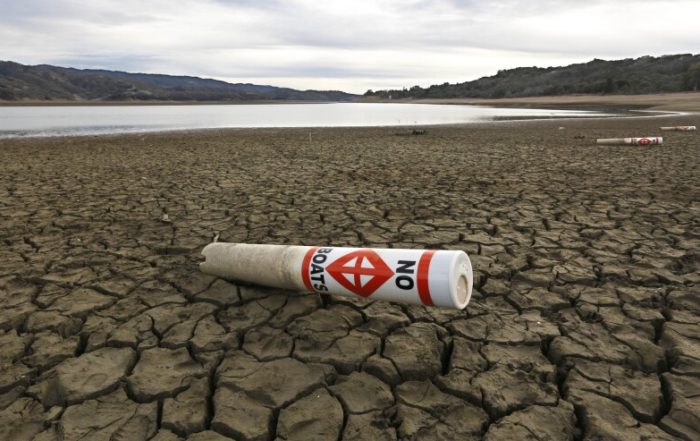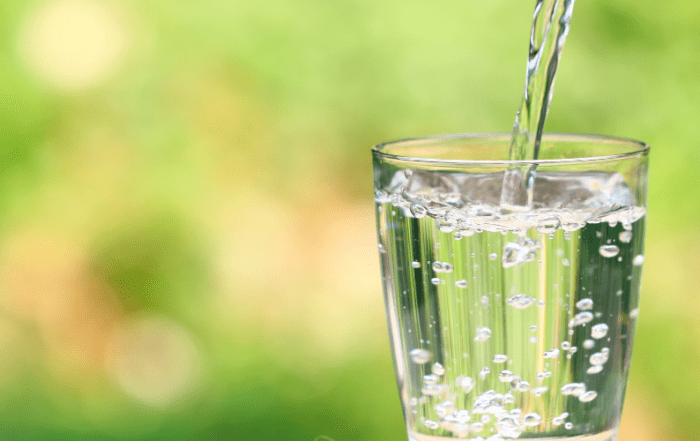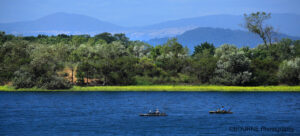
The Water in Our River
The well-known phrase “Go with the flow” takes on a different and more vital meaning when it comes to the Russian River. Because here in the Russian River Watershed, our people and economy are heavily reliant on continuous flows in the Russian River. It is this irreplaceable natural resource that makes everything “go” in our community.
Although we often take this water for granted, its presence is the result of a complex and historic water management system.
Here’s how the river’s flow is currently maintained. In the summer, water from Lake Mendocino flows into the river at Ukiah. Then water from Lake Sonoma joins the river at Healdsburg and flows on to the coast at Jenner.
Making this system even more complex is that much of the water in Lake Mendocino comes from the Eel River. Two dams on the Eel River store water, which is then diverted to the Russian River through a mile-long tunnel.
The Problem
Unfortunately this process is problematic because it harms native salmon populations in the Eel River and infringes on the rights of the Eel River Indian Tribes.
Congressman Jared Huffman has formed a Two Basin Partnership group to find a solution that will restore tribal rights and salmon rights on the Eel River, while simultaneously protecting the rights of those who rely on Russian River water. We’re very pleased that Congressman Huffman has selected Russian Riverkeeper to represent the environmental interests of the Russian River within his Partnership Group.
But there will be no quick fix. Changing a long established water management system—affecting a wide range of stakeholders—will take decades.
Conservation is Key
Solving the river’s flow problems can’t wait. As a result of Northern California’s severe drought, Sonoma Water has announced plans to dramatically reduce flows to preserve water in Lake Mendocino. This practice could result in toxic algae blooms this summer, which would keep people and their pets out of the water. Our local economy, already suffering from the effects of Covid-19, could be acutely impaired.
Russian Riverkeeper is taking a leadership position in working to ease some of the flow reductions, but in reality, the only way for our community to sustain itself through this time is to reduce urban and agricultural demands on our water supply.
If we care about the river, we have to conserve.
Russian Riverkeeper is working at the legislative level to develop policies that require additional water conservation measures in times of drought so that we can be assured of year-round water in the river.
Recent News
Voluntary Water Sharing Agreements
To date, our watershed has largely been plagued by colossal sized gaps in the available data our water managers have access to when trying to make informed decisions for our waterways. Finding ways to close [...]
First-ever Well Water Fees Proposed
The Santa Rosa Plain Groundwater Sustainability Agency is currently looking at a variety of fee structures that would allow them to better achieve the goals of the Sustainable Groundwater Management Act. Considered to be a historic [...]

